Common names : fenugreek, trigonella, senegrain English name : fenugreek Botanical classification : Fabaceae family. Scientific name : Trigonella foenum-graecum
Fenugreek oil is produced from its seeds, which are very rich in protein and also contain saponins, antioxidants, vitamins and minerals. Parts used. The seeds and leaves are used in phytotherapy. Active ingredients. Fenugreek seeds contain a high level of mucilaginous fibres (up to 40%) and a much lower level of steroidal saponins (3% maximum), which are linked to their surface-active properties and are associated with cholesterol regulation. External treatment: Treatment of skin conditions: eczema, burns, acne. Joint and muscle pain. Used in cases of alopecia. Fenugreek oil has a reputation for slightly enlarging the breasts. But it is also nourishing and softening, for both skin and hair. Fenugreek oil cleanses the scalp, combats hair loss and encourages hair growth. To reap its benefits, you can make a hair mask (once a week) by warming the oil in your hands before massaging it into the scalp in circular motions. Leave it on for around 30 minutes in a warm place, then rinse and shampoo as usual. This oil softens and revitalises tired skin. Used as a lotion or mask, with honey or argan oil, it will restore radiance to your face. Internal treatment: Fenugreek Helps combat loss of appetite and anaemia. Fortifying, useful for the production of breast milk. Management of gastrointestinal disorders: infections, digestive problems. Helps maintain balanced blood sugar and cholesterol levels. Anti-inflammatory. Diuretic. Stimulates uterine contractions. Cardiovascular disease, hypercholesterolaemia, digestive disorders, malnutrition, anorexia, joint and muscle pain, skin disorders, infections, inflammation. Prevents certain types of cancer (particularly pancreatic cancer), lowers blood pressure. and appetite stimulant, fenugreek is rich in vitamins, phosphorus and iron.
Using fenugreek: You can also prepare infusions and decoctions of fenugreek at home by infusing 1 teaspoon of seeds in 50 cl of hot water. Daily consumption should not exceed 3 to 5 cups. To make a poultice, use 50g of fenugreek seeds and 1 litre of water. The mucilaginous nature of the fibres contained in the seeds will enable you to obtain a paste to apply to the areas affected by the treatment. Precautions for use of fenugreek. Provided the recommended dosage is followed, there are hardly any special precautions. However, if in doubt, it is best to discuss the matter with your doctor or pharmacist.
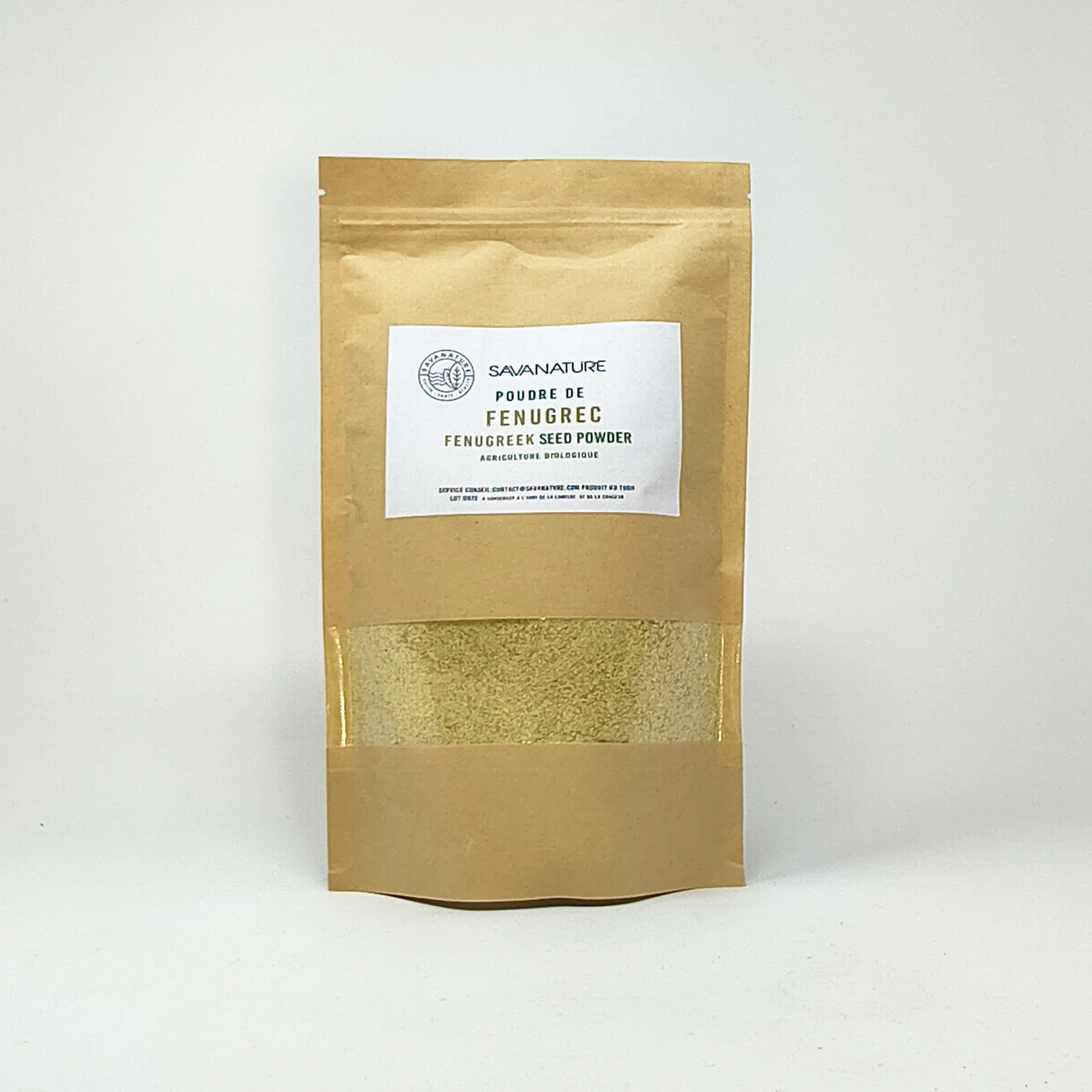

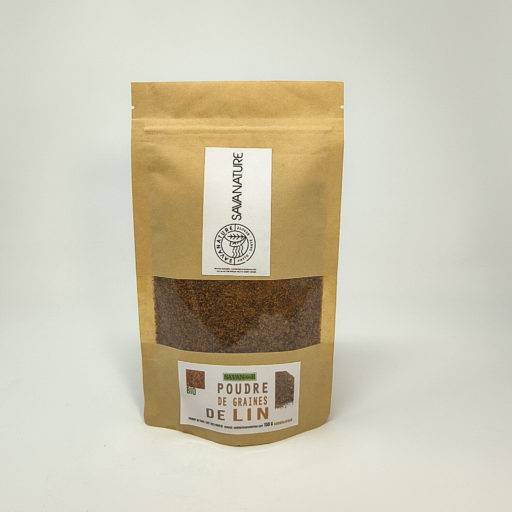

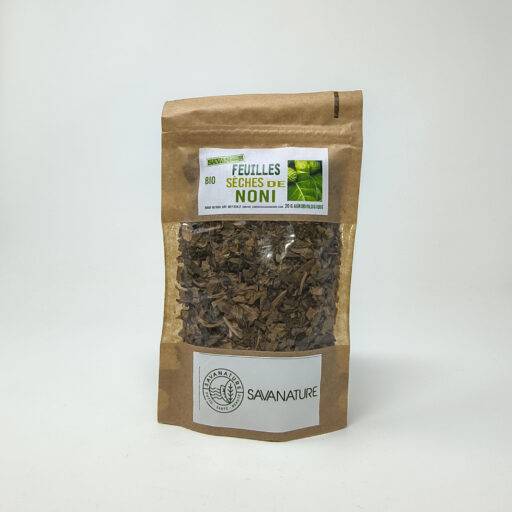
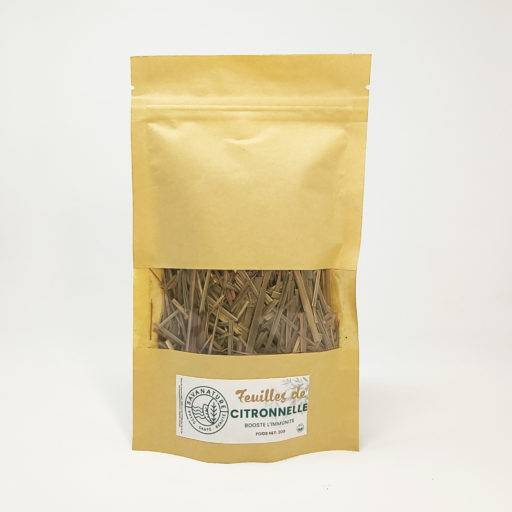
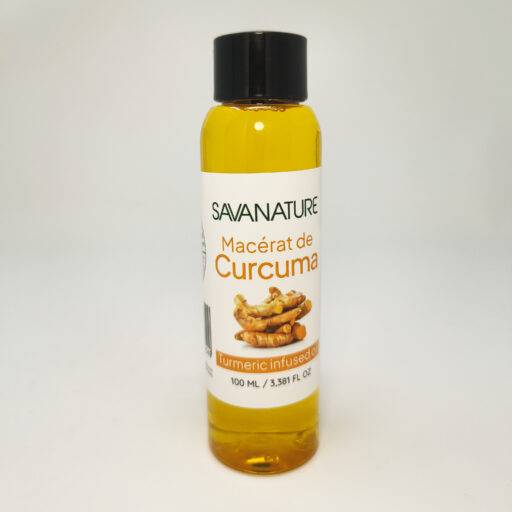
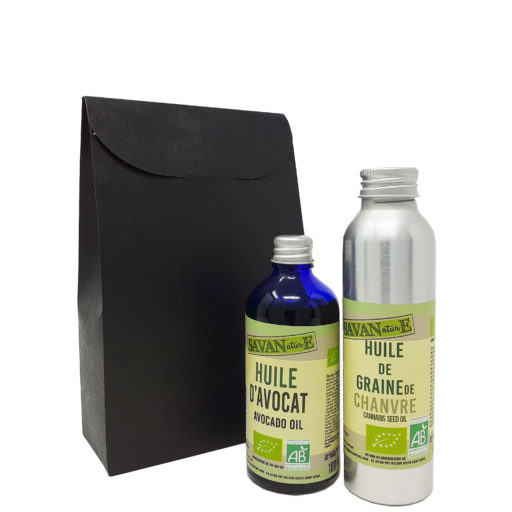
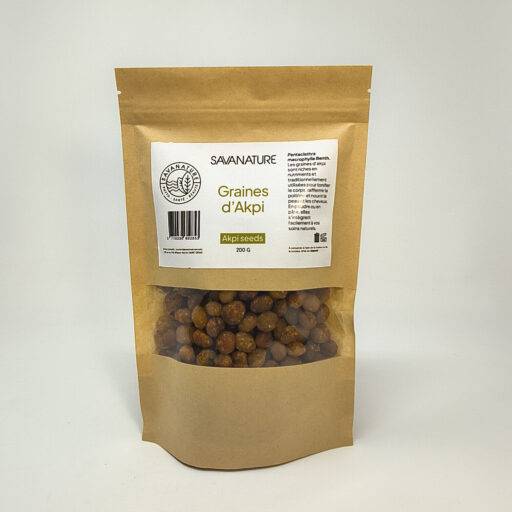
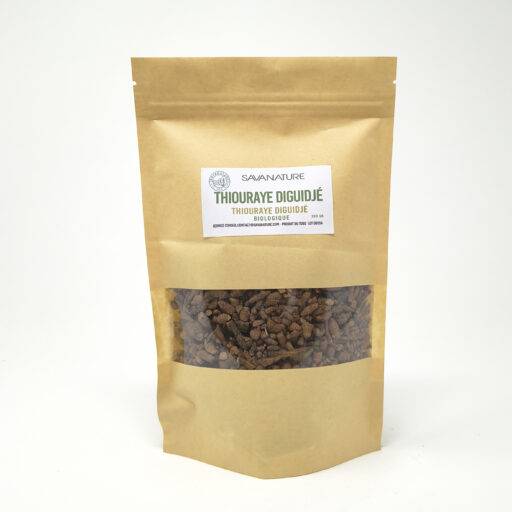
Reviews
There are no reviews yet.